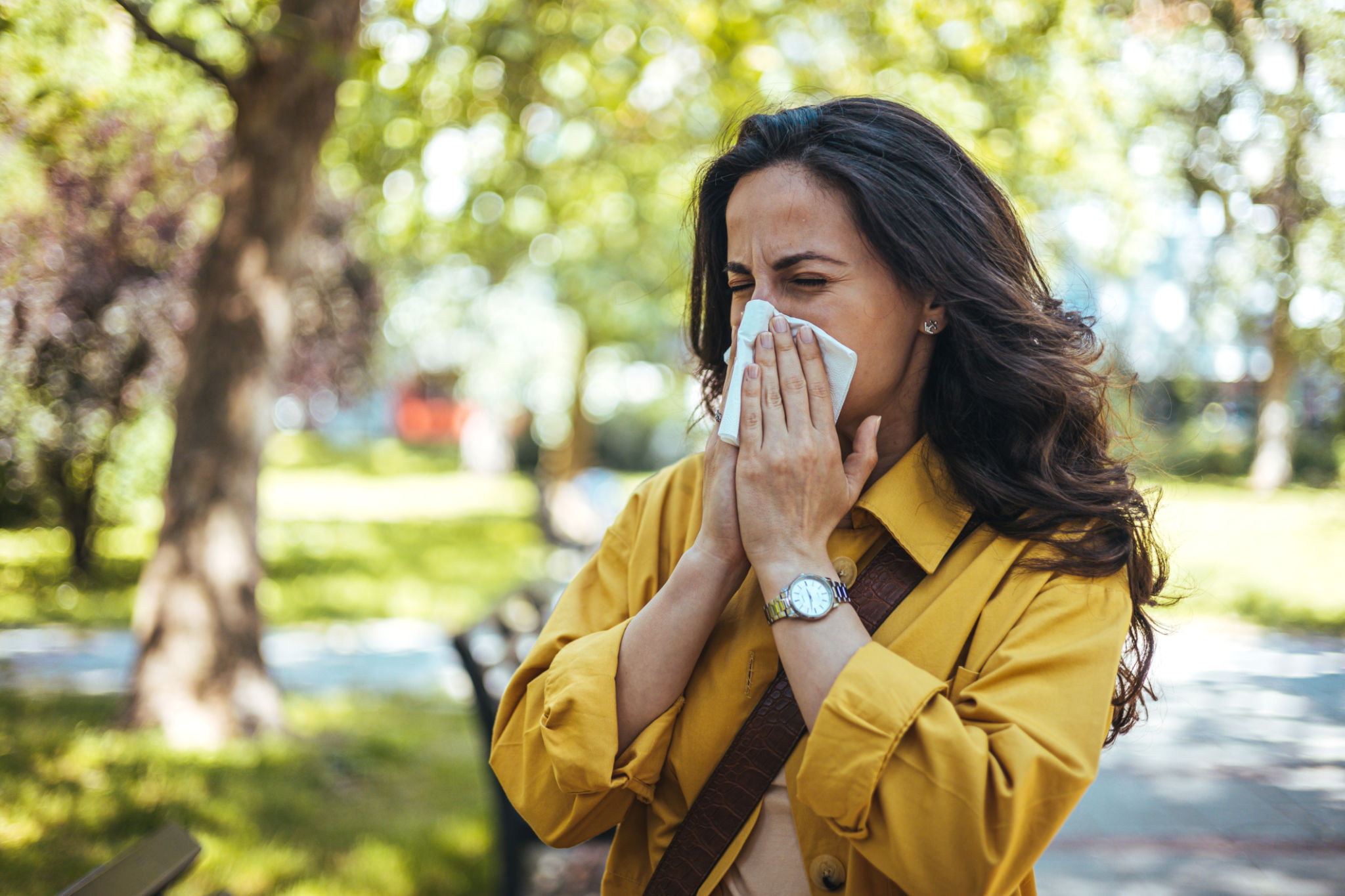Seasonal Allergies and Over-the-Counter Relief: A Pharmacist's Guide
Understanding Seasonal Allergies
As the seasons change, many people find themselves sneezing, sniffing, and rubbing watery eyes. These symptoms are often the result of seasonal allergies, also known as hay fever or allergic rhinitis. Seasonal allergies occur when your immune system overreacts to allergens like pollen, dust, or mold. Understanding the triggers and symptoms is the first step in managing them effectively.

Common symptoms of seasonal allergies include sneezing, runny or stuffy nose, itchy eyes, and throat discomfort. These symptoms can vary in intensity depending on the level of allergens in the environment and individual sensitivity. For some, these can be mild irritations, while others may experience severe discomfort that affects their daily activities.
Types of Over-the-Counter Relief
Fortunately, several over-the-counter (OTC) medications are available to help manage these symptoms. The right choice depends on specific symptoms and personal preferences. Here are some common options:
- Antihistamines: These are the most popular choice for allergy relief. They work by blocking histamines, which cause allergy symptoms. Options include loratadine, cetirizine, and diphenhydramine.
- Decongestants: Suitable for those experiencing nasal congestion. They help reduce swelling in the nasal passages for easier breathing. Pseudoephedrine and phenylephrine are common decongestants.
- Nasal Sprays: Corticosteroid nasal sprays like fluticasone can reduce inflammation and provide relief from nasal symptoms.

Choosing the Right Medication
Selecting the appropriate OTC medication depends on your specific symptoms. For instance, if sneezing and itching are your primary concerns, antihistamines may be most effective. However, if congestion is a significant issue, a decongestant or a combination medication might be more beneficial.
It's important to consider potential side effects when choosing an OTC remedy. Antihistamines can cause drowsiness, especially first-generation options like diphenhydramine. Non-drowsy variants such as loratadine or cetirizine might be preferable for daytime use.
Consulting a Pharmacist
A pharmacist can be a valuable resource in selecting the best treatment for your allergies. They can provide insights on drug interactions, dosage recommendations, and alternative treatments if needed. If you've been taking an OTC medication without sufficient relief, a pharmacist may suggest trying another option or seeing a healthcare provider for further evaluation.

Pharmacists can also advise on lifestyle changes that may alleviate allergy symptoms. Simple measures like using air purifiers, keeping windows closed during high pollen seasons, and regularly washing bedding can contribute to reducing allergen exposure.
When to Seek Further Help
If OTC medications do not provide adequate relief or if you experience side effects, it's important to consult a healthcare professional. Persistent or severe allergy symptoms might require prescription-strength medication or allergy testing to identify specific triggers. In some cases, allergen immunotherapy (allergy shots) may be recommended for long-term relief.
Managing seasonal allergies effectively involves understanding your symptoms and knowing your options for relief. With the right combination of OTC medications and preventative measures, you can enjoy the changing seasons with greater comfort.